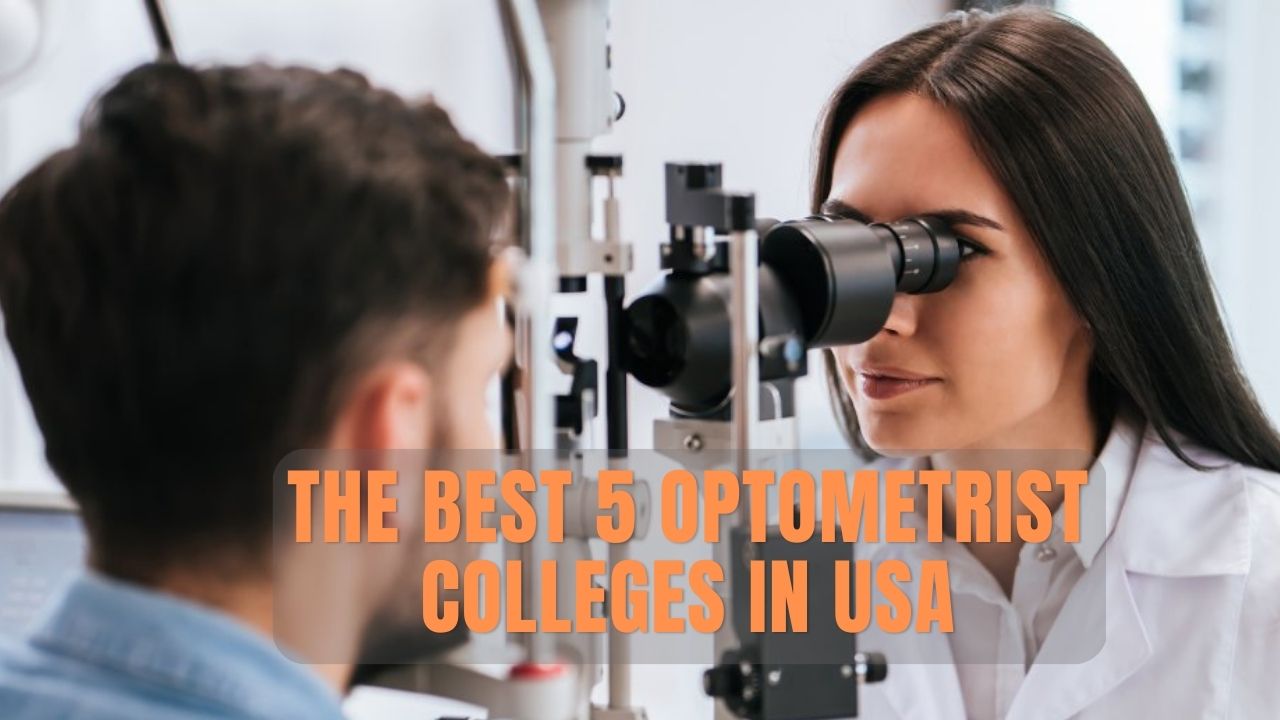
Must have accounting software for the small business in 2024
Accounting software is a crucial element for a company to succeed. Depending on the program, it can help you create professional invoices, keep track of […]

Accounting software is a crucial element for a company to succeed. Depending on the program, it can help you create professional invoices, keep track of […]

Do you struggle to maintain organization when you have a ton of paperwork and important documents? It might be time to use technology to simplify […]

Have you ever wondered what the differences between the cloud goliaths are? In this article we will jump into some history, the services and structures […]

Introduction: As the world increasingly acknowledges the urgency of addressing climate change, businesses and individuals alike are seeking ways to contribute to a more sustainable […]

Introduction: In regions prone to seismic activity, the looming threat of earthquakes adds an extra layer of concern for homeowners. The potential for catastrophic damage […]

Hair loss can be a frustrating and stressful experience, affecting both men and women of all ages. While genetics, hormonal imbalances, and certain medical conditions […]

Dry skin can be a frustrating and uncomfortable condition to deal with, particularly during the colder months when the air is dry and harsh. While […]

In today’s rapidly evolving data-driven landscape, the ability to convey information effectively through visual means has become an indispensable asset. As the volume and complexity […]

Building Trust in the Digital World Strategies for Online Businesses In an era characterized by rapid technological advancements and an increasingly interconnected global landscape, the […]

There should be a quantity surveyor on every construction site. Particularly when it comes to budgeting or cost estimation while effectively adhering to building codes. […]

The software industry is developing thanks to artificial intelligence, which has improved software development in many ways. Whether it be in manufacturing, customer support, retail […]

Chromebooks are revolutionizing the computer industry. Despite the intense demand for high-quality tablets like the iPad and traditional laptops like the MacBook, they […]

Modern tools have made work easier, but they can also be distracting when we’re trying to be productive. It may seem as though you are […]

In modern times, studying abroad is very common in nations like the United States, the United Kingdom, and Canada. The most flexibility is provided by […]

Do you want to study optometry in the United States? Are you attempting to recover costs associated with taking this highly regarded course? Do you […]